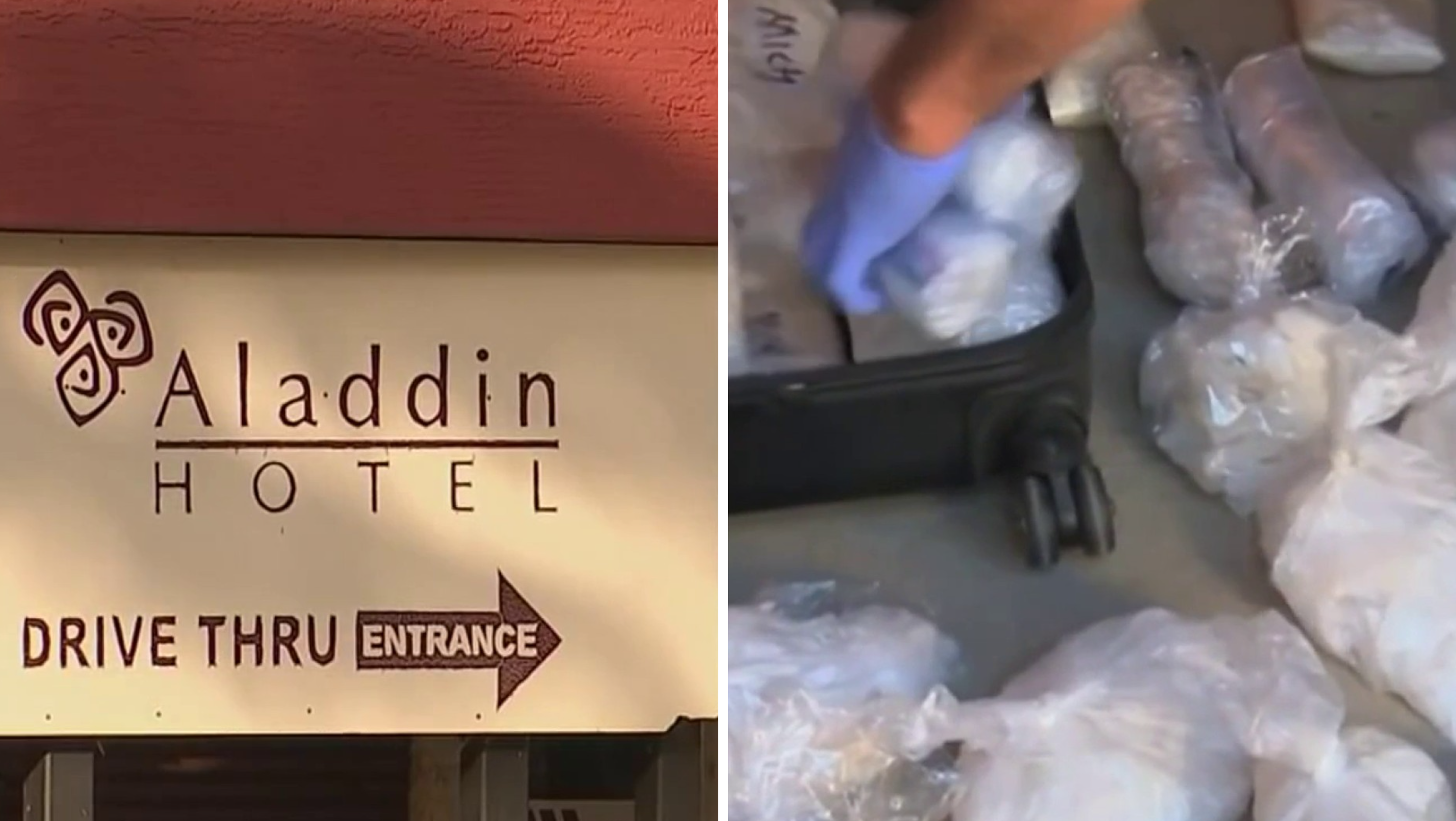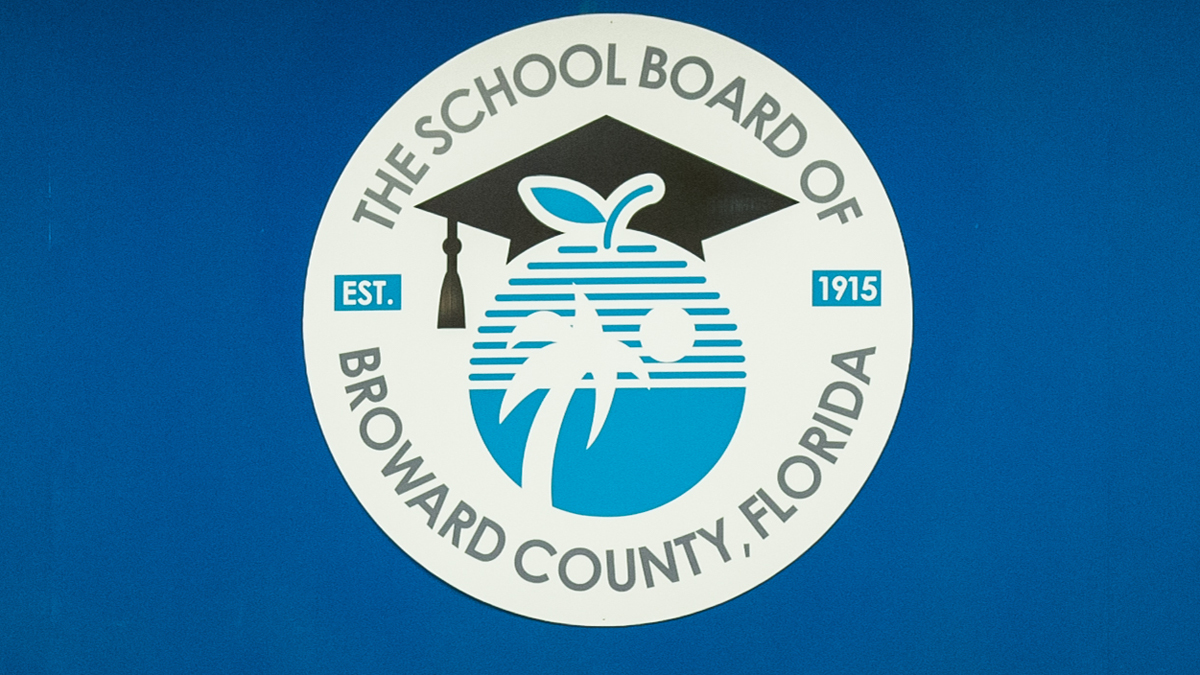As Miami-Dade County once again wrestles with the future of mass transit, broken promises from the past could cast a long shadow over the debate.
In 2002, voters approved a half-penny sales tax increase after being promised a revolution in mass transit throughout the county.
The tax has raised more than $2.8 billion.
But the overwhelming majority of the promised projects never materialized.
Here’s some of what the original Peoples’ Transportation Plan was supposed to fund, and the progress 15 years later:
• 89 more miles of Metrorail -- instead, there are four additional miles
• 1,191 buses -- currently 815
Local
• 70 percent increase in transit service miles – there’s been a 7-percent increase
• 17-mile elevated line roughly parallel to the Dolphin Expressway – never begun
About $1 billion of the money intended to fund the projects has instead been diverted to pay operations and maintenance costs for projects not covered by the PTP.
"This is the greatest story of mismanagement of a special tax in the history of this county certainly," county commissioner Xavier Suarez told the NBC 6 Investigators.
That’s a far cry from what then-Mayor Alex Penelas envisioned at a 2002 transit-tax victory party: "Thirty years from today people will look back … and say that was one of the most important decisions we made in the county."
Fifteen years later, its importance may be the bad will it has produced among those who feel betrayed.
At a recent meeting of the board that plans the future of transit in the county, county commissioner Joe Martinez openly mocked the Metrorail system as "Metrofail," saying, “My executive assistant, she rides Metrofail every time she comes downtown." In response to snickers produced by his comment, he added, "Yea, it goes from where you don’t live to where you’re not going. It’s Metrofail."
Asked whether voters were sold a bill of goods back in 2002, Charles Scurr, executive director of the citizens’ trust that oversees the spending, said, "I think they’ve all been very consistent in saying that the PTP was overpromised and that is in fact correct."
But, he added, "We’re working on the solution and hopefully the community will come together and we’ll make some progress."
He notes some promises were kept: senior citizens can ride anywhere for free; Metromover is free for all; cities have received more than $500 million for their projects, such as popular free trolleys; traffic signals are being modernized; and Metrorail was extended 2.4 miles from Earlington Heights station to near Miami International Airport.
That spur cost $506 million – more than $200 million a mile -- and $400 million of it came from the tax. Originally, the tax was going to cover only $125 million and federal funds were expected to make up much of the difference.
As Scurr recalls, "The funding mix changed. There was a great anticipation back in 2002 there would be federal funding for all those projects. That federal funding has not materialized."
That is partly because county transit mismanagement and the failure to sufficiently fund operations and maintenance costs of the entire transit system caused federal transportation officials to deny the county federal funds.
It got even worse during the Great Recession, as the county voted in 2009 to tap the tax money -- $900 million to date -- for maintenance and operations costs for projects, many of them not included in the original plan.
Current Miami-Dade Mayor Carlos Gimenez is grappling with the is pushing to spend more than $500 million to begin acquiring right of way for transit corridors to the north and the south. But instead of trains on rails, he’s promoting a newer technology – train-like vehicles that, like buses, move along the corridors on rubber tires. Like trains, though, ticketed passengers would board at grade level from air conditioned stations spaced out along the routes.
"It’s a virtual train," Gimenez said. "You don’t need to have a rail."
As the county decides whether to adopt Gimenez’s plan or something else, the mayor knows the 2002 tax vote looms. “What happened is they over promised. A half a cent did not generate the amount of money they needed to complete the projects.”
And, he said, there is clearly not enough money to do what was promised. "My job is to be realistic. What is the money we have? What is available?"
But to Suarez a rubber-tired vehicle traversing city streets is a bus by any other name – and he’s not going along for the ride.
“It is inconceivable that now we’re being told that the best we’re going to have are buses in three years, more buses,” he said.
Suarez also wants to take $50 million out of general funds for at least each of the next two years to pay back the trust for some of the operations and maintenance funds that have been diverted from it.
Gimenez notes Suarez does not specify what programs he would cut – whether public, safety, or parks or something else – to fund that plan.
"Let’s quit trying to demagogue this and be populists," he said. "I’m not a populist. I’m a realist. Let’s stop talking. Let’s move forward."
As for whether anther tax could be contemplated to pay for that way forward, Scurr said, "I don’t think that’s in the plan right now. I think the objective is to try to achieve some results and once those results are achieved then I think there might be some discussion about going go back to the taxpayers."



